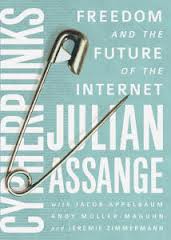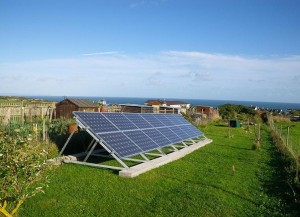
OPEN, Force Is.
Open Source Design Tools for Human Rights Activists
Deji Olukotun
Global Voices Advocacy, 25 January 2013
The world's premier human rights organizations often have entire communications teams with dedicated graphic designers to celebrate their work. But not every organization can afford to have a designer. Even those organizations that do have design gurus may decide, for strategic reasons, to keep tight control over their workflow so that they are not bombarded with too many requests. Not to worry! There are several open source design tools that allow anyone to create killer flyers, posters, icons, or campaign—the only limit is your imagination. More importantly, learning basic design allows you to approach your human rights work more creatively and reach audiences with more diverse forms of storytelling.
Open Source programs are different from resources that allow you to use an account for free up to a certain amount, and they do not require you to upgrade or purchase more capacity. When downloading each of the programs below, I recommend that you download the stable version for your platform (this will be clearly marked on the Download site). Stable versions lack the bells and whistles of experimental versions of software, but they won't crash after you've just filled in your thousandth pixel with burnt umber. All of these programs and tools are supported by voluminous YouTube instructional videos and Wikis. Just run a search online.
The Big 3: GIMP, Inkscape, and Scribus








